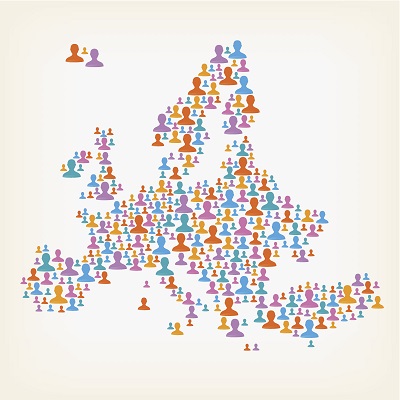The impact of national past on behaviour in the COVID-19 pandemic
Individual countries have developed very different strategies in responding to COVID-19, which can shape how citizens view the pandemic. How do national traditions and past levels of trust in experts shape those national reactions?
2 min read - 14 Dec 2020

A new project funded by the Health Research Board and the Irish Research Council will examine the perceptions of the pandemic in five European countries, and look at how pre-existing levels of trust in the Government and in experts together with different national traditions are shaping the varieties of reactions to the pandemic.
What is the issue?
Reactions to the pandemic can vary between countries, and this may be tied to different national traditions, past experiences and how people view and trust experts.
What will the research project do?
The research will explore how five European countries have reacted to the pandemic, and investigate if the reactions are shaped by past events and trust in experts.
What will the impact be?
By finding out whether and how levels of trust in governments and experts shape pandemic responses, the project will help us to better understand reactions to the COVID-19 pandemic.
Lead Researcher Professor Siniša Malešević, Full Professor, University College Dublin School of Sociology, says:
“COVID-19 is a uniquely global phenomenon that has affected the entire world, yet the responses to this pandemic were distinctly national, with every country pursuing very different policies of containment. In this project we aim to identify where these differences come from, and what role distinct national traditions and the past experience of trust play in shaping different policy responses.”
Lead Researcher: Professor Siniša Malešević, University College Dublin
Other team members:
- Dr Lea David, University College Dublin, School of Sociology
- Dr Sarah Carol, University College Dublin, School of Sociology
- Dr Gordana Uzalac, London Metropolitan University, School of Social Science
2 min read - 14 Dec 2020



